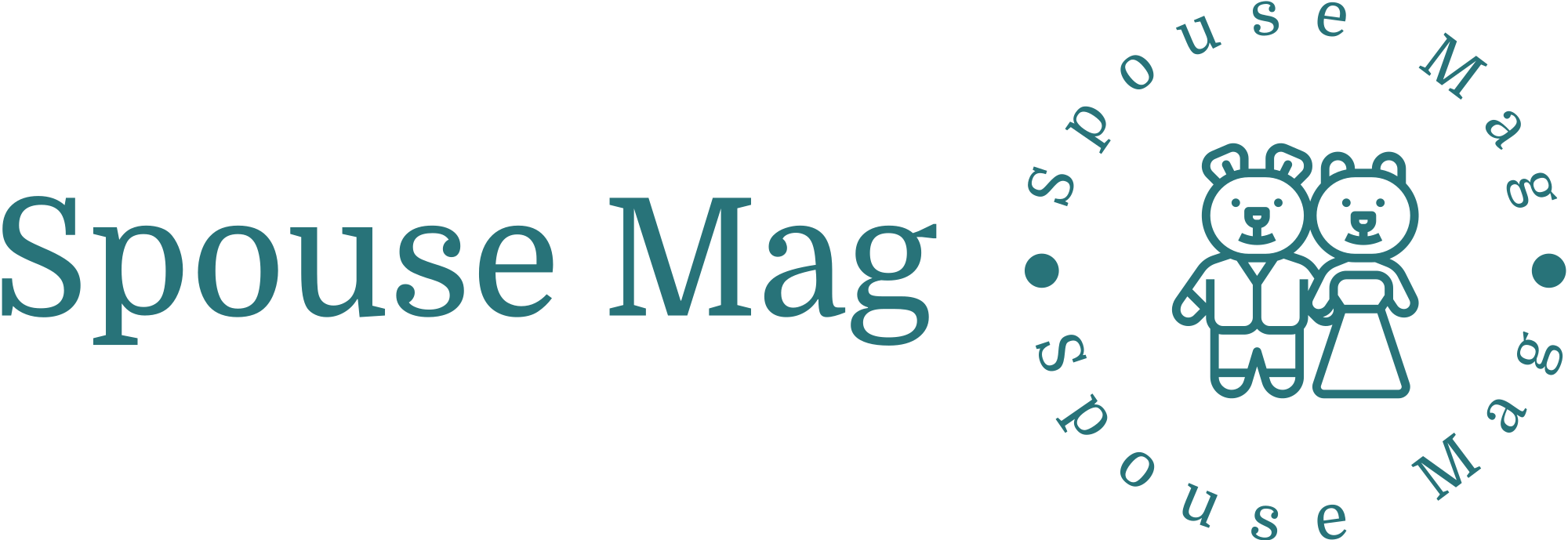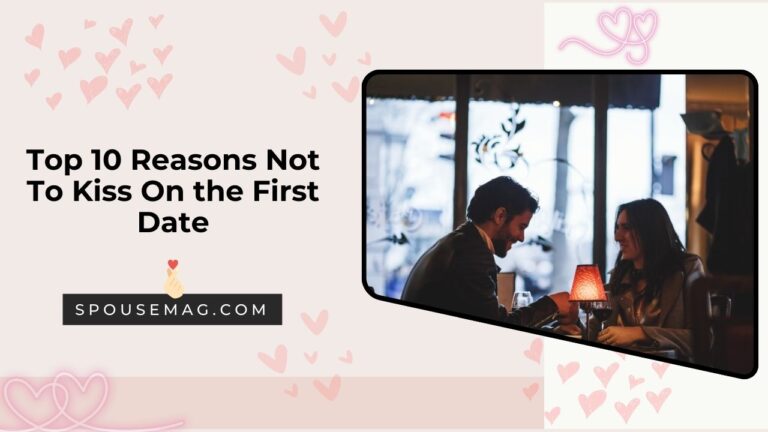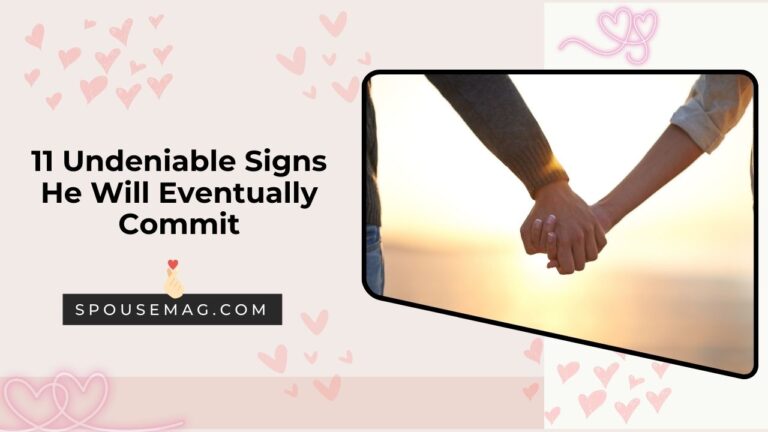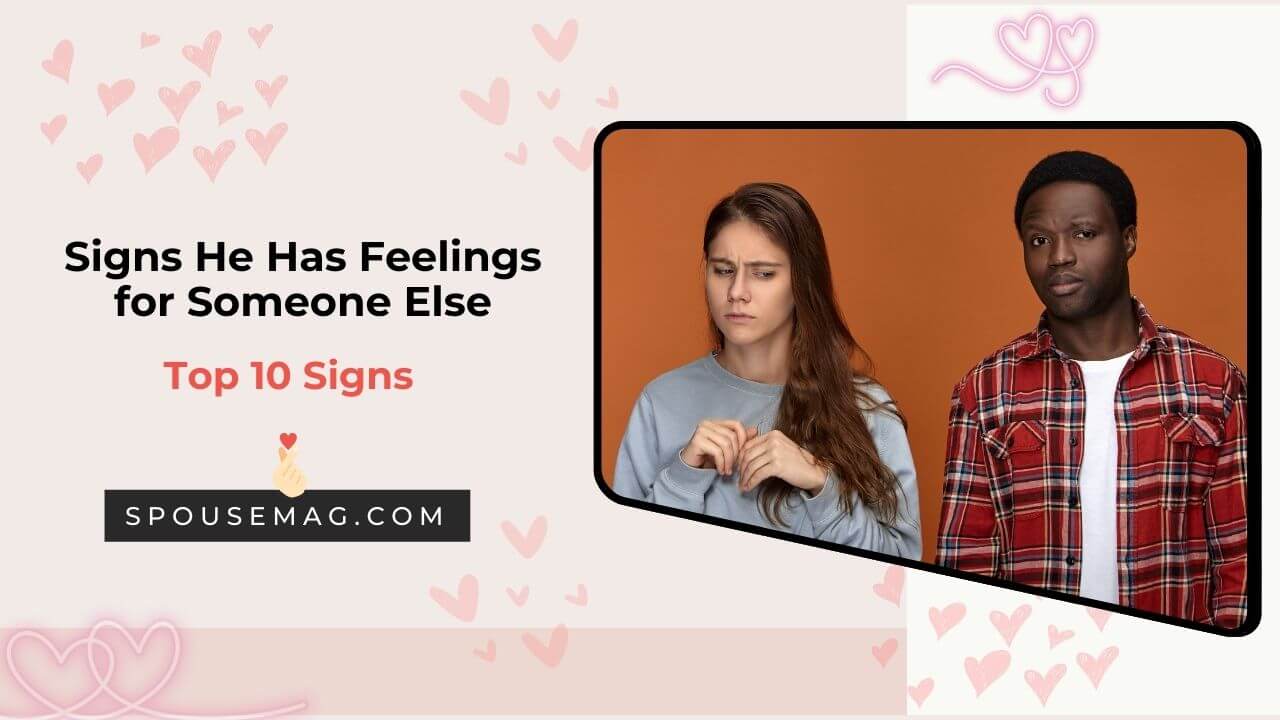
His phone has become an extension of his hand, always buzzing with unseen messages. Once vibrant conversations have transformed into to-the-point replies.
And don’t overlook those disappearing acts – the sudden busy schedules and guarded personal space.
These are subtle signs that his heart is wondering.
Key Takeaways
- Reduced communication, such as fewer texts or calls, and disinterest in deep conversations are signs of emotional detachment or interest elsewhere
- Increased secrecy, like hiding his phone or being evasive about his whereabouts, indicates he’s hiding something or developing feelings for someone else.
- If he starts focusing on your flaws more than usual or comparing you to someone else, it is a sign that he’s interested in someone new. This behavior often reflects underlying dissatisfaction.
12 Signs He Has Feelings for Someone Else
If he frequently cancels plans with vague excuses, seems less affectionate, or engages in distracted conversations, it’s worth paying attention.
To address your concerns, have an open and honest conversation with him to clarify where you both stand
In this blog, we’ll reveal twelve unmistakable signs that he is emotionally invested elsewhere
1. Reduced Communication and Connection
This shift manifests in various ways, such as avoiding deep conversations, decreasing the frequency of texts or calls, and showing a lack of enthusiasm during shared activities.
Example:
You say, “Hey, how was your day?” He mumbles a one-word response while scrolling through his phone, barely making eye contact.
You used to have long conversations about your days, but now his disinterest is palpable.
I once noticed my partner becoming increasingly distant, only to realize that he had developed feelings for a coworker. It was a challenging time, but recognizing the subtle changes in communication helped me address the situation before it escalated further.
2. Secretive Behavior
He starts hiding his phone, being vague about his whereabouts, and becoming defensive when questioned about his activities
As individuals develop feelings for someone outside their relationship, they inadvertently engage in secretive actions to conceal their growing emotional attachment. This behavior serves as a barrier to prevent their partner from discovering their feelings for someone else.
Example:
You ask, “Who were you texting just now?” he quickly responds, “Just some work stuff,” while hastily putting his phone away. He used to be open about his texts and calls but now is reserved and defensive.
3. Emotional Detachment
Those little things like holding hands, random hugs, or even those sweet goodnight kisses start to fade.
He used to be your go-to person for venting about your bad day or sharing your latest triumph, but now he seems uninterested.
You might also notice that he gets irritated more easily, and small disagreements turn into big arguments. It’s like walking on eggshells because you never know what might set him off.
Example:
You say, “I’ve been feeling a bit stressed lately,” and he replies with a dismissive, “Oh, I’m sure it’s fine,” while continuing to watch TV.
4. Increased Criticism and Disapproval
Remember that killer outfit you picked out for that date night? You felt amazing, and his compliments were the cherry on top, right?
Now, imagine if that same outfit is met with a “Hmm, not sure that color works for you” or a “Maybe something else would be more flattering.” Yikes.
Now, hold on a minute. Constructive criticism is a healthy part of any relationship. It helps us grow and become better versions of ourselves. But there’s a big difference between offering helpful advice and just nitpicking.
Here’s the thing: when someone develops feelings for someone else, they subconsciously compare you to that person. This manifests as them focusing on your flaws (real or perceived) more than usual.
Example:
You: “Honey, how do I look in this new dress?” (Beaming with anticipation)
Him: “Uh…well, it’s a dress. Maybe something with a different neckline would be more flattering, you know, like that dress Sarah wore the other day?” (Eyes glued to his phone)
Ouch!.
“Constructive criticism can be valuable, but when it becomes a tool for deflection or emotional avoidance, it erodes the foundation of a healthy relationship.” – Brene Brown
5. Prioritizing Time and Attention Elsewhere
Previously agreed-upon plans with you are frequently canceled or rescheduled due to “conflicts” with the new person.
Excuses become more frequent to explain his absence. He starts vanishing for extended periods, leaving you wondering where they are and who they’re with.
Example:
You: “Hey, are we still on for dinner tonight?” (You had planned a date night weeks ago)
Partner: “Ugh, I almost forgot! John just texted, He needs help with [vague reason]. Can we reschedule?” (This is the third time this month plans have fallen through)
The pattern of changes in plans shows that other activities or people are taking priority over your time together.
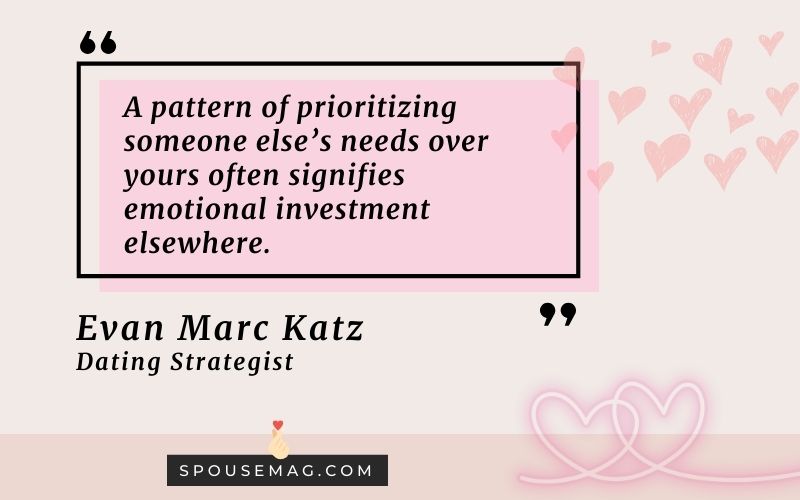
6. New Interests and Activities
If he begins obsessing over a new sport, picking up a new skill, or changing his style to match someone else’s preferences, it is a sign that he’s trying to impress or connect with them.
You also notice changes in his routine and social circles, like frequenting new places or spending time with new people linked to his new interest.
Example:
You: “Rock climbing again? We haven’t done [shared activity] in ages.”
Partner: “[New Friend’s Name] wants to go climbing.”
You: “Sure, but missing our time together. Maybe alternate weekends?”
While these changes aren’t a guarantee of infidelity or a new romance, they signal that his focus and enthusiasm are shifting toward someone new.
7. When His Actions Don’t Match His Words
He tells you he values your relationship and wants to be with you, but his behavior tells a different story—like making promises he doesn’t keep, being unreliable, or showing less commitment to plans and future goal
Example:
You: “Honey, you said you were cleaning the garage this morning, but I saw your car parked at the gym all afternoon.”
Partner: (Flustered) “Oh, right, the garage! I forgot. Gotta grab some supplies first, though.” (Sneaks out the door moments later in workout clothes)
When you start noticing these inconsistencies, it’s important to approach the situation with care. Ask open-ended questions to see if there’s a reason behind the discrepancies
8. Physical Distance
Let me share a personal experience. A while ago, I was in a relationship where my partner started pulling away physically. We used to hold hands during walks, and he would give spontaneous hugs. Then, suddenly, those gestures became rare. It felt like there was an invisible wall between us, and it was hard to ignore.
Physical distance manifests in various ways. Now, he’s less inclined to cuddle and avoids physical contact altogether. It also shows up in the way he interacts with you in public
When you start feeling this physical distance, try to address it with an open heart. Share how the change is affecting you and ask if there’s something on his mind that’s causing him to pull away
How can physical distance in a relationship manifest as a sign he has feelings for someone else?
9. Less Effort in the Relationship
Dr. John Gottman, a renowned relationship researcher, often points out, “The quality of the relationship is determined by the amount of effort both partners put into it.”
So, what does “less effort” look like?
- Remember that time you dreamt of that perfect birthday surprise, and all you got was a mumbled “Happy Birthday”? Yeah, that.
- Don’t get us wrong, there’s nothing wrong with a cozy night in. But when every date night becomes a rerun of the same movie and takeout, it signals a lack of effort to keep things exciting.
- Is it suddenly a chore to get him to engage in a conversation beyond grunts and “yeah”? Communication is key in any relationship, and a lack of effort on his part is a red flag.
When you notice these signs, it’s crucial to address them with a constructive approach.
Start by saying something like, “I’ve noticed we haven’t been spending as much time together lately. Is there something on your mind?”
10. Trust Your Instincts
We’ve all been there. That nagging feeling in your stomach, the voice whispering that something isn’t right. In relationships, this inner voice is often referred to as your “gut instinct,” and it is a powerful tool.
According to a study published in Social Psychological and Personality Science, people are often more accurate than they realize when detecting deception and emotional shifts in relationships.
The research found that individuals’ gut feelings about their partners’ behavior were highly correlated with actual relationship problems.
If something feels off, permit yourself to explore those feelings. Sometimes, our instincts pick up on subtle changes or inconsistencies that our rational mind might overlook.
Use your feelings as a starting point to have an open and honest conversation.
Say, “I’ve been feeling like there’s something we need to talk about. Is there anything that’s been bothering you?” This approach opens the door for communication.
How Should I Approach the Situation if I Suspect He Has Feelings for Someone Else?
It’s crucial to approach the situation thoughtfully and constructively to get clarity and address your concerns without escalating tensions.
Focus on Yourself: Before any confrontation, take a step back and identify your emotions. Are you feeling hurt, angry, confused, or something else? Acknowledge these feelings but avoid letting them cloud your judgment.
Pick a Calm Moment: Don’t initiate this conversation when feeling overwhelmed or emotional. Choose a neutral time when you both talk openly and honestly.
Example: “Maybe we can talk after dinner tonight when we’ve both had a chance to unwind.”
“I” Statements are Key: Instead of accusatory statements like “You never want to spend time with me anymore,” use “I” statements to express your concerns.
Example: “I’ve noticed we haven’t been talking much lately, and it’s making me feel a little disconnected. Is everything okay?”
Active Listening: Give him the space to explain his perspective. Listen attentively to his response without interrupting.
Analyze His Response: Is his explanation genuine? Does he seem open to working on the relationship? Consider if his response aligns with the red flags you observed.
Reconciliation or Closure: Based on his response and your feelings, decide if reconciliation is a possibility. If he’s remorseful and willing to put in the effort, consider couples counseling to rebuild trust. If the evidence points towards him seeing someone else definitively and he’s not committed to the relationship, prioritizing your well-being is the best course of action.
Do I Still Have a Chance?
Catching your partner’s eye wandering is a gut punch.
- Open and Honest Communication is Key: Once you have a clearer picture, a direct conversation is crucial. Approach it calmly and express your feelings. Instead of accusing him, explain the changes you’ve observed and how they’ve affected you.
- Listen Carefully to His Response: Pay close attention to what he says and how he says it. Does he offer a genuine explanation or become defensive? Is he remorseful and willing to work on rebuilding trust? A sincere apology and a commitment to change are positive signs.
- Reconciliation Requires Two: If he’s genuinely sorry and wants to save the relationship, that’s a good starting point. However, reconciliation is a two-way street. Both partners need to be fully invested in putting in the effort to repair the damage and rebuild trust. This won’t be easy, and it will require open communication, honesty, and a willingness to forgive.
- Considering Your Options: If the evidence suggests he’s seeing someone else definitively, and he’s not willing to fight for your relationship, it is time to move on.
- Remember Your Worth: You deserve to be in a relationship built on trust, respect, and mutual affection. Don’t settle for anything less.
Here are some resources that can help:
- The Gottman Institute: https://www.gottman.com/ – Offers resources on communication and relationship repair.
- The National Domestic Violence Hotline: 1-800-799-SAFE (7233) – Provides support and resources for anyone experiencing abuse in a relationship.
This is a difficult situation, and it’s okay to seek support from a trusted friend, family member, or therapist.
Conclusion
So, we’ve covered some pretty telling signs that suggest your partner has feelings for someone else—like contradictory stories, physical distance, and more.
It’s natural to feel anxious or worried if you notice these changes. The best approach is to stay calm and open up a dialogue with your partner.
Honest communication is key. Share your feelings and concerns.

As a married wife, founder, and editor of SpouseMag.com – these guides are based on my own personal experiences, observations, research and insights. I am transparent about being inspired by the life and work of the two greatest experts in the relationship space – Dr. John and Julia Gottman, and Harville and Helen. They two are some of the strongest couples, researchers, authors, and counselors when it comes to marriage and relationships. My advice and guides are based on my insights and research, and they are not an alternative to professional advice.
